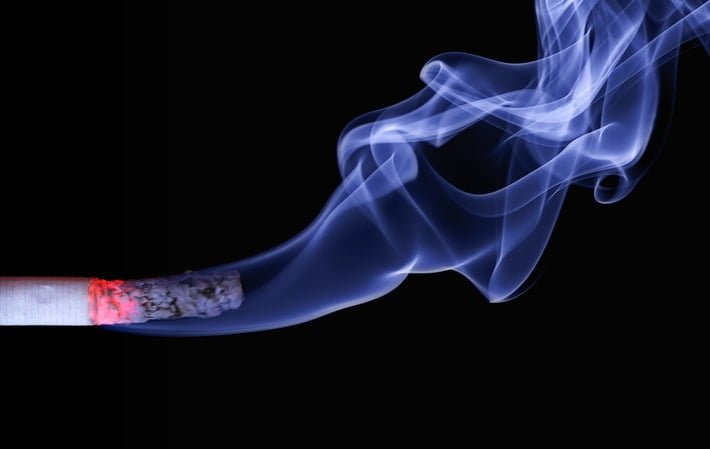European Health Organisations Call for Ambitious Tobacco Tax Policy: “A Unique Opportunity to Save Lives and Protect Young People”

The organisations emphasize that the Tobacco Excise Directive is a significant step forward in achieving the goals of Europe’s Beating Cancer Plan and saving millions of lives. Every year, more than 700,000 Europeans die from tobacco use. Since tobacco is responsible for 27% of all cancer cases, an ambitious TED would have a direct and substantial impact on public health.
“The Tobacco Excise Directive is not just a tax measure, it is a policy that can protect millions from the deadly effects of tobacco. said Lilia Olefir, Director of the Smoke Free Partnership.
Tobacco Tax: A Proven Win-Win
The World Health Organization (WHO) and the World Bank have long identified tax increases as the most effective measure to reduce tobacco use. For example, 40% of the decline in smoking prevalence in the EU since 2012 can be directly attributed to tax measures.
The proposed revision of the TED could reduce the number of smokers from 24% to 20.8% in the first year, equivalent to 12 million fewer smokers in the EU, while simultaneously generating an additional €20.22 billion in tax revenue.
Protecting Youth from New Nicotine Products
According to the 2024 Eurobarometer, the smoking rates among European youth have increased from 20% in 2021 to 22% in 2024, demonstrating that a delay in increasing taxes at the EU level already has consequences. Additionally, the coalition warns of the alarming rise in e-cigarette and new nicotine product use among teenagers. According to the 2024 ESPAD survey, 22% of 15–16-year-olds in Europe used e-cigarettes in the past month, with rates exceeding 40% in several Central and Eastern European countries.
"Every year, young people are being hooked on cigarettes, e-cigarettes, heated tobacco products, and nicotine pouches, all available at low prices," said Olefir. "If European capitals do not introduce strong tax laws now, we risk creating another generation addicted to nicotine."
Concrete Recommendations
The coalition proposes to further strengthen the Commission’s proposal with eight policy recommendations, including:
Increase RYO (roll-your-own) tobacco tax to €287/kg to close the gap with factory made cigarettes.
Adjust HTP (heated tobacco product) taxation to reflect actual stick weight (0.3g) and set a fair rate of €360/kg.
Tax HTPs at the same rate as cigarettes to prevent misleading “less harmful” perceptions and increase revenue.
Harmonise the tax base across all tobacco and nicotine products using weighted average retail price to ensure fairness and reduce evasion.
Apply a single excise rate for all e-cigarette liquids, regardless of nicotine strength, to simplify enforcement.
Adjust taxes annually based on GDP growth instead of every three years using the consumer price index.
Shorten transitional periods for cigars, HTPs, e-cigarettes, and other products to ensure timely public health impact.
Replace “or” condition with “and” for RYO and other products to prevent tax minimisation strategies.
Call to European Governments
“This is a unique opportunity for EU governments to put people’s health before tobacco industry profits,” said Lilia Olefir, Director of the Smoke Free Partnership. “Every year, tobacco kills over 700,000 Europeans and hooks a new generation through e-cigarettes, heated tobacco, and nicotine pouches. By adopting an ambitious tax reform, Member States can prevent millions of deaths, protect young people from addiction, and generate billions in revenue to support public health.”